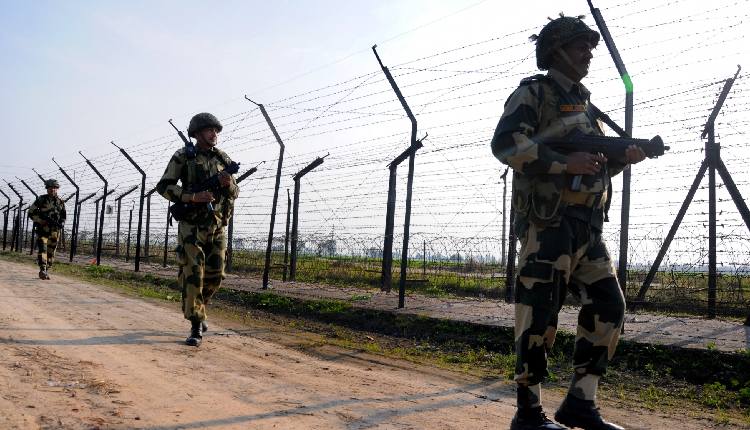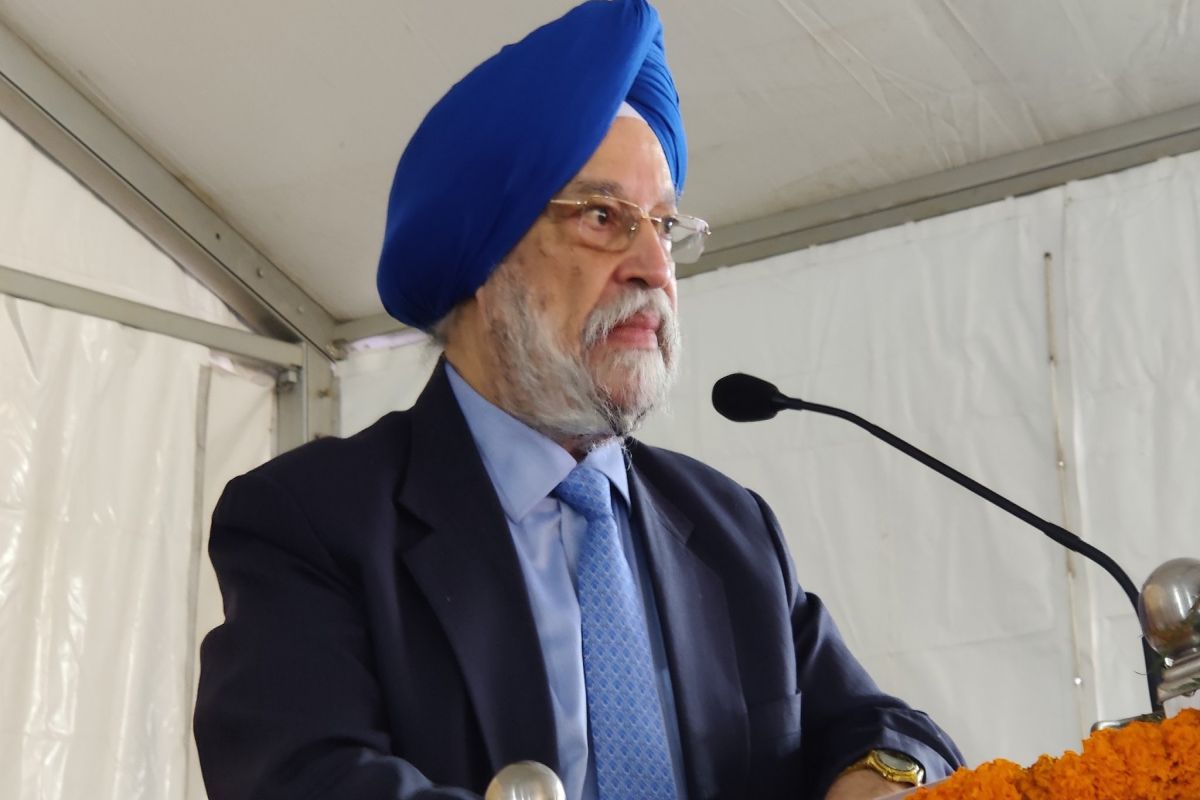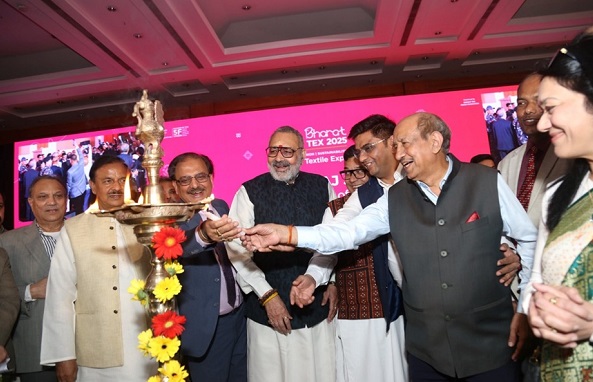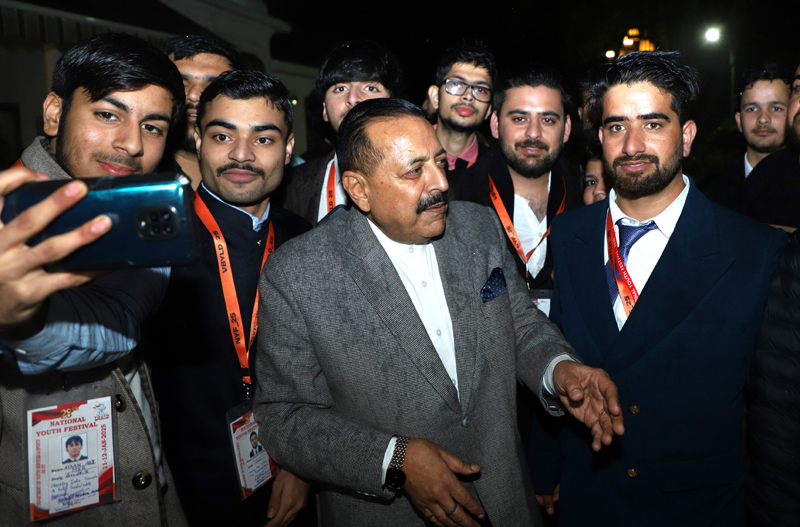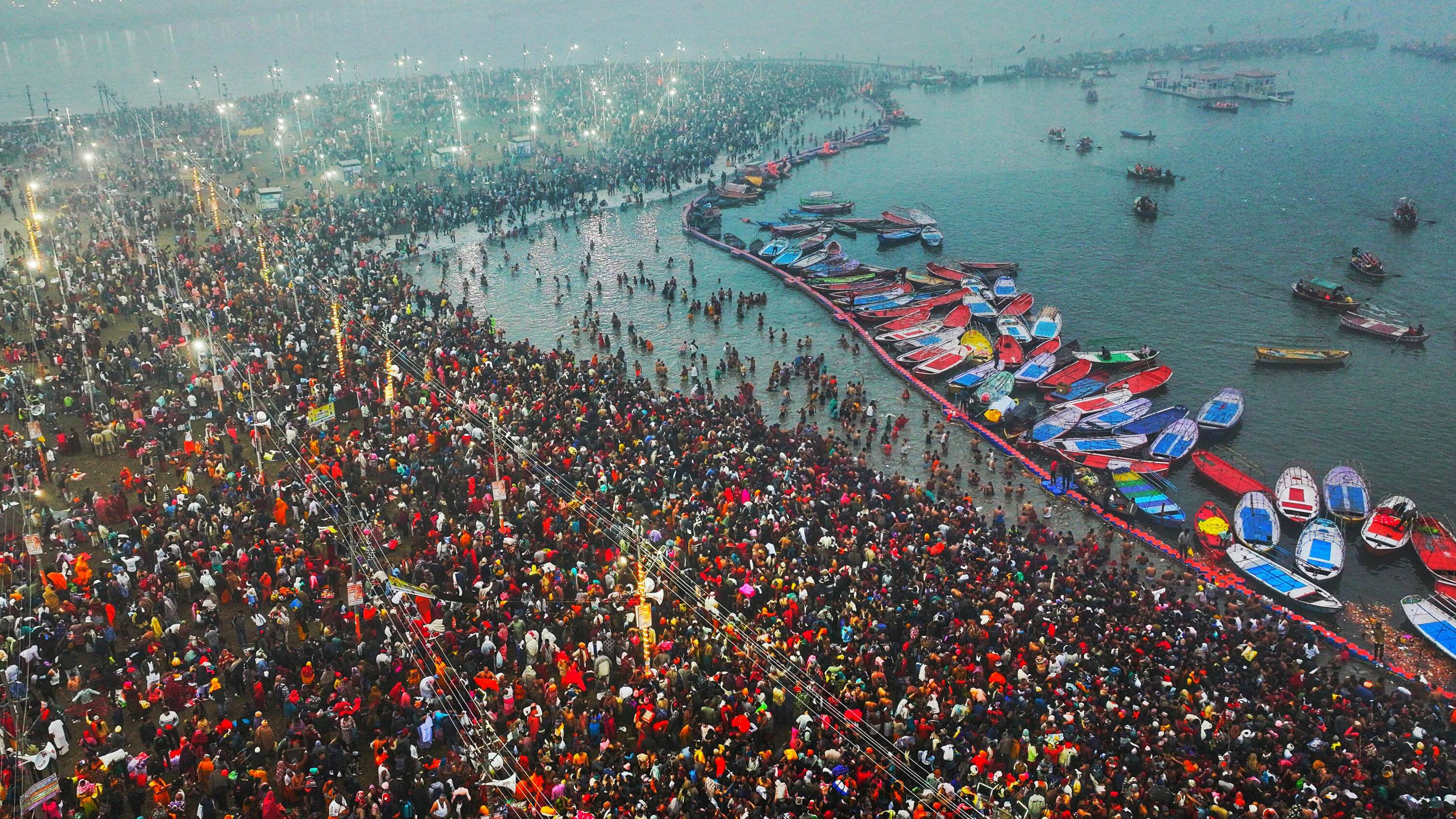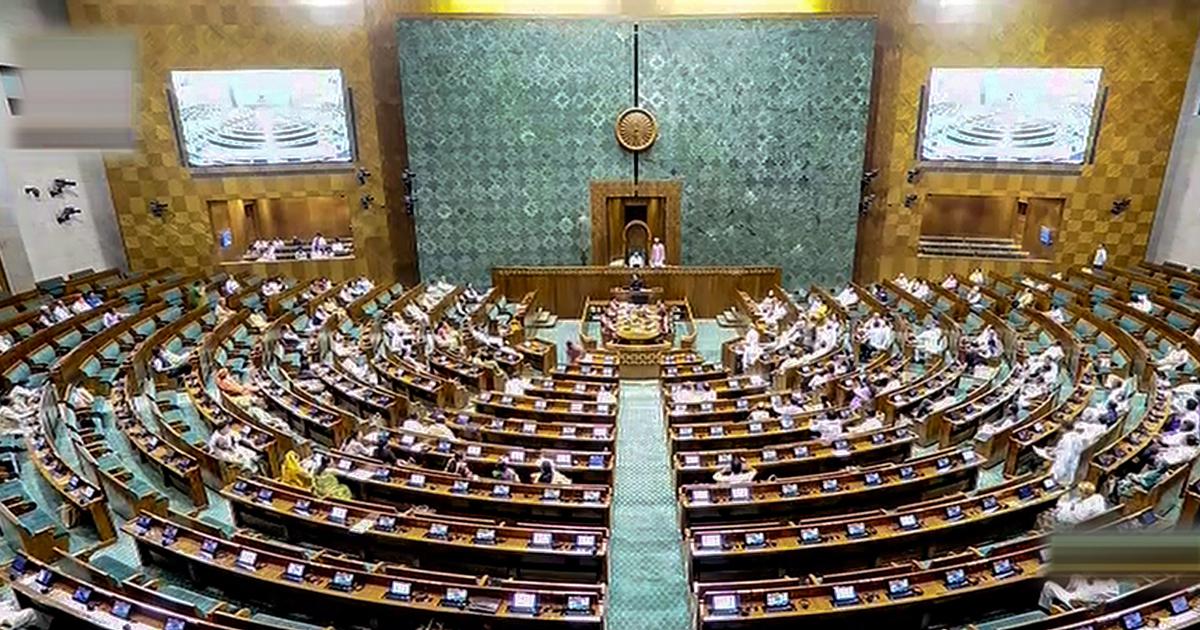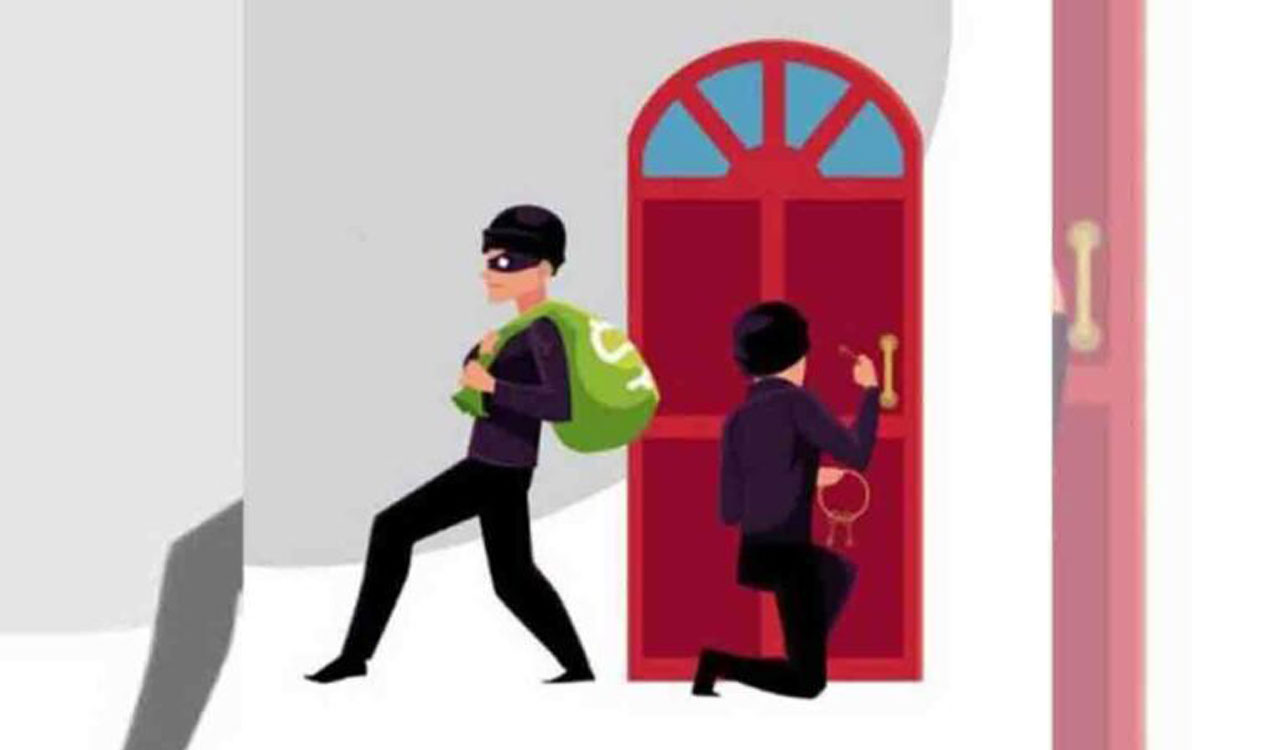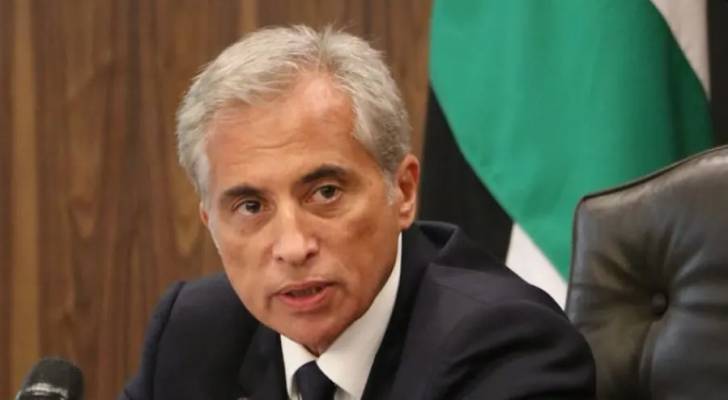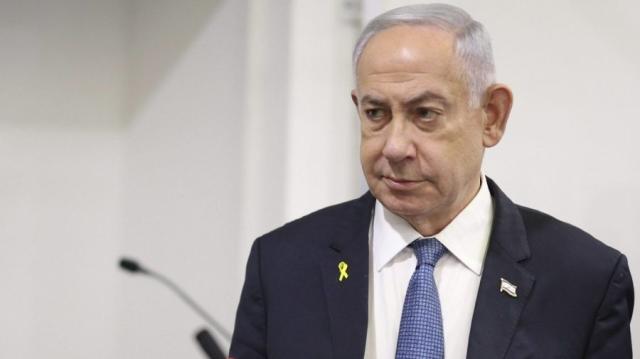Court in India rules begging is not a crime
Thu 09 Aug 2018, 13:02:15
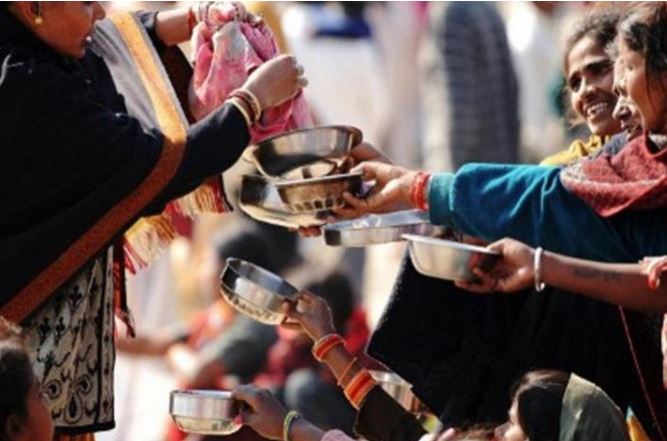
New Delhi: A court in New Delhi has struck down a law that made begging in the Indian capital a crime, a major victory for campaigners who have long argued that the legislation was being used to harass and intimidate the homeless and the poor.
In an order on Wednesday, the Delhi High Court declared several provisions of the legislation to be unconstitutional.
"People beg on the streets not because they wish to, but because they need to. Begging is their last resort to subsistence," acting Chief Justice Gita Mittal and Justice Hari Shankar wrote in the 23-page order.
"Criminalising begging is a wrong approach to deal with the underlying causes of the problem (and) violates the fundamental rights of some of the most vulnerable people."
India has no federal law on begging and destitution. About 20 states had adopted the Bombay Prevention of Begging Act, 1959, which carries a penalty of detention of three to 10 years in so-called beggar homes.
Rights campaigners have argued that the law's description of begging was overly broad, and that it allowed the police to detain or arrest anyone who is poor or homeless, including nomadic communities, street performers and migrant workers.
"The law against begging is one of the single most oppressive laws against poor
and destitute people in a country that has no social protection net," said Harsh Mander, a campaigner and lead petitioner in the case.
and destitute people in a country that has no social protection net," said Harsh Mander, a campaigner and lead petitioner in the case.
"We are very satisfied with the order, and expect other states will follow suit in decriminalising begging," he told the Thomson Reuters Foundation by phone on Thursday.
Delhi has 46,724 homeless people - among the most in India - according to the 2011 census. Rights groups say the actual figure is three times higher.
With an inadequate number of homeless shelters, thousands are forced to sleep under flyovers and on pavements, leaving them vulnerable to harassment by the police, Mander said.
In its order, the court noted that the presence of beggars is evidence that the state is failing to provide basic services to its citizens.
"The State simply cannot fail to do its duty to provide a decent life to its citizens and add insult to injury by arresting, detaining and ... imprisoning persons who beg in search for essentials of bare survival," it said.
In order to check forced begging, the court retained provisions of the law that punish those who employ people to beg.
Activists say tens of thousands of children across India are drugged, beaten and forced to beg by traffickers who then take the money.
No Comments For This Post, Be first to write a Comment.
Most viewed from National
Most viewed from World
AIMIM News
Delhi Assembly polls: Owaisi leads Padyatra in Okhla
Feb 01, 2025
We reject this Waqf Amendment Bill: Asaduddin Owaisi
Jan 30, 2025
Latest Urdu News
Most Viewed
May 26, 2020
Which team will win the ICC Men's Champions Trophy 2025 held in Pakistan/Dubai?
Latest Videos View All
Like Us
Home
About Us
Advertise With Us
All Polls
Epaper Archives
Privacy Policy
Contact Us
Download Etemaad App
© 2025 Etemaad Daily News, All Rights Reserved.

